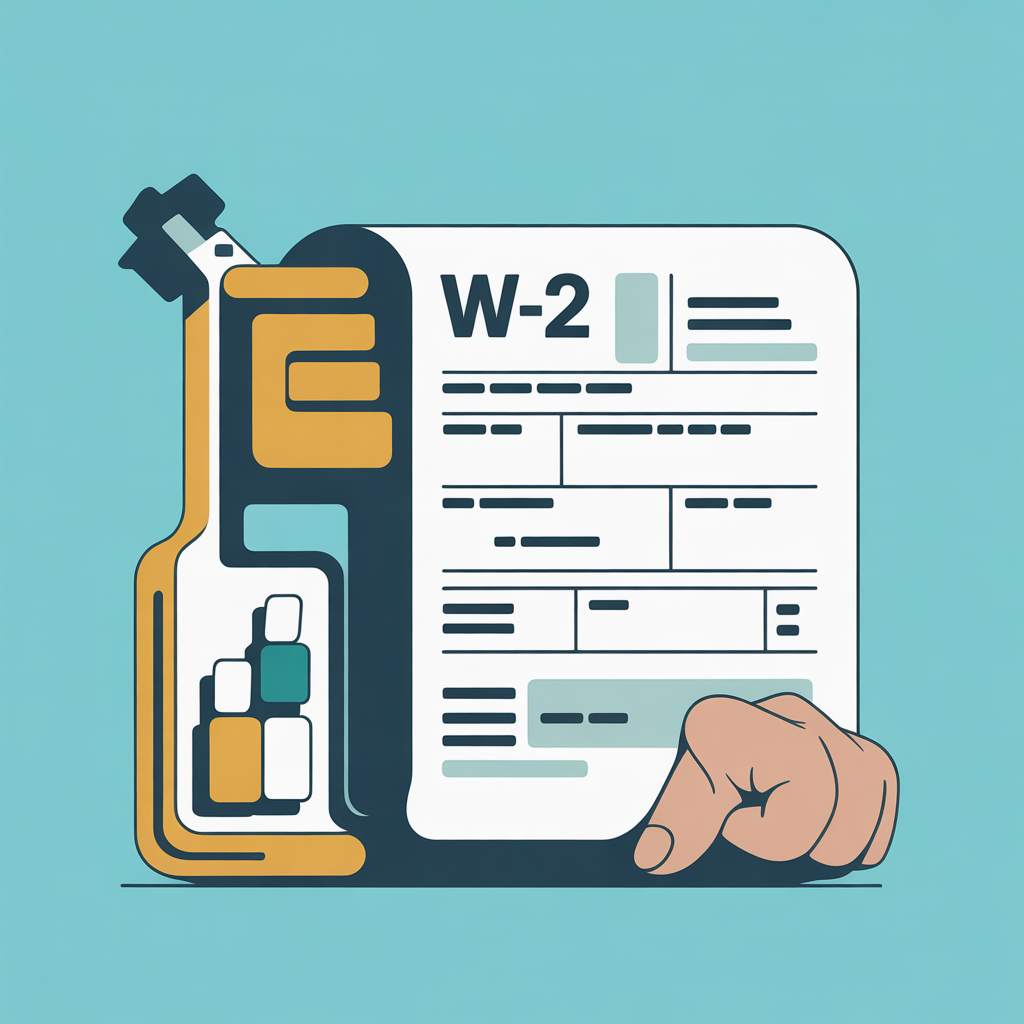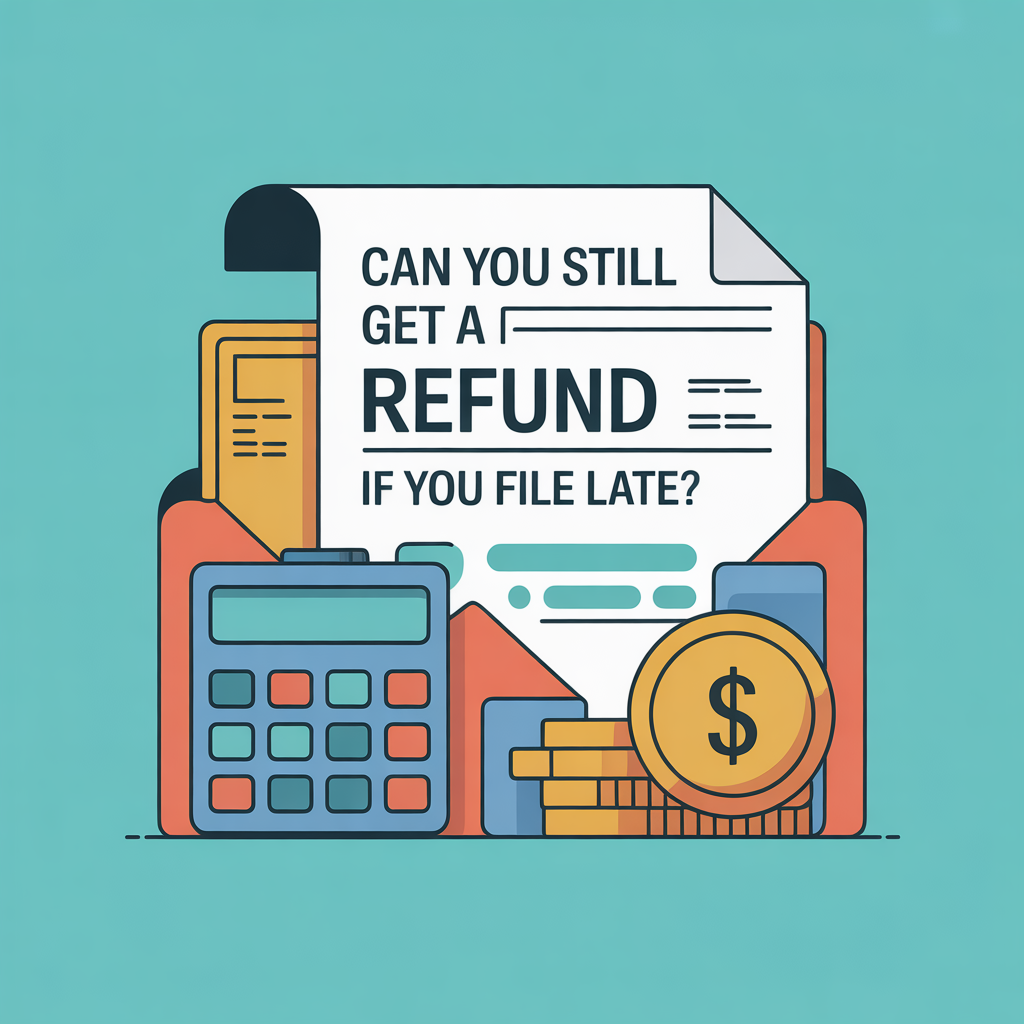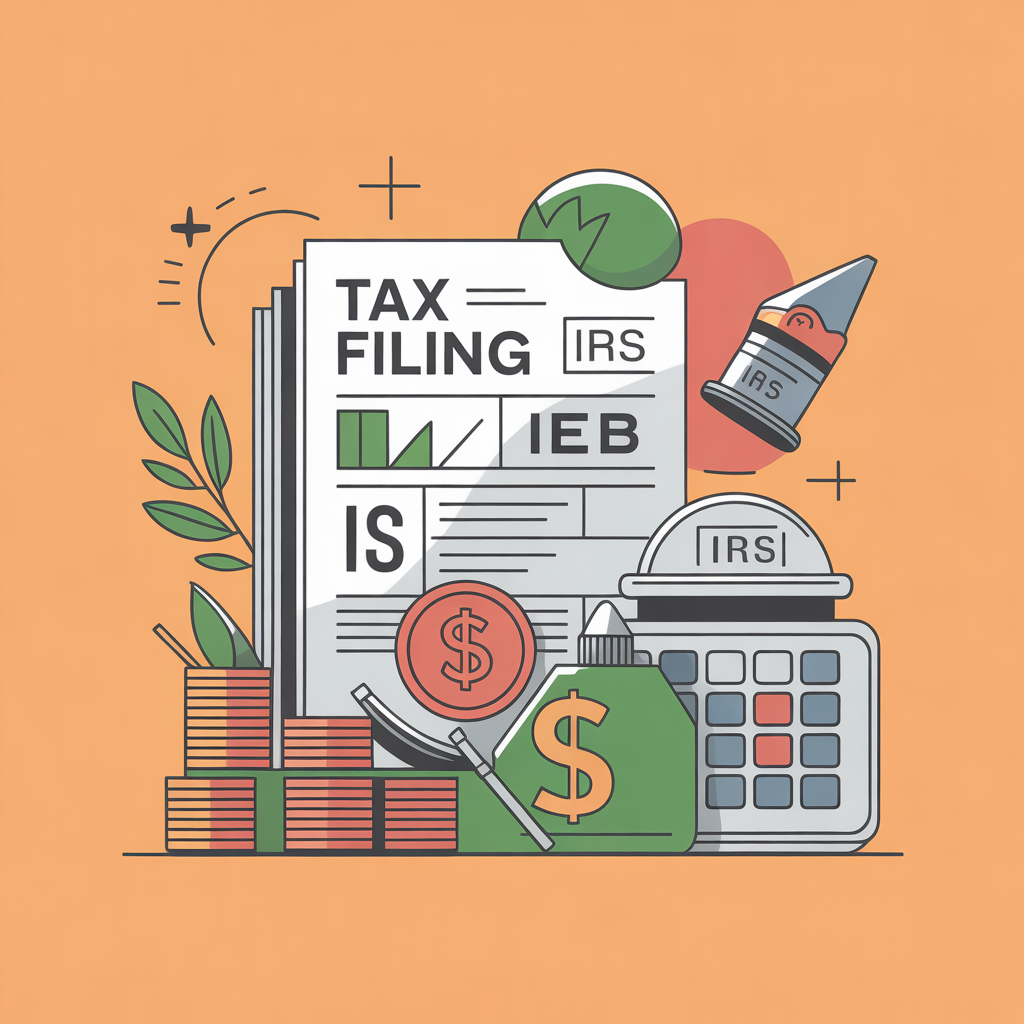Filing taxes might not be the most exciting task, but it is one of the most important financial responsibilities you have as a taxpayer. If you fail to file your taxes on time—or worse, never file them at all—you could face serious consequences. Here’s what you need to know about the potential repercussions and how you can avoid trouble with the IRS.
1. Late Filing Penalties
If you don’t file your taxes by the deadline (usually April 15th in the U.S.), the IRS imposes a failure-to-file penalty. This penalty is typically 5% of the unpaid taxes per month, up to a maximum of 25%. If your tax return is over 60 days late, the minimum penalty is either $485 or 100% of the unpaid tax, whichever is less.
2. Late Payment Penalties and Interest
Even if you file your return but don’t pay the full amount owed, you will face penalties. The failure-to-pay penalty is 0.5% of the unpaid taxes per month, also capped at 25%. In addition to this, the IRS charges interest on unpaid taxes, which compounds daily and is based on the federal short-term interest rate plus 3%.
3. Loss of Refunds
If you are due a tax refund but don’t file your return, you won’t receive that refund. The IRS allows taxpayers up to three years to claim a refund. After that, the money is gone, and you won’t be able to recover it.
4. Possible IRS Collection Actions
When you owe taxes and don’t pay, the IRS has several tools to collect what you owe. These include:
- Tax Liens – The IRS can place a lien on your property, affecting your ability to sell or refinance it.
- Wage Garnishments – Your employer may be required to withhold a portion of your paycheck to satisfy your tax debt.
- Bank Levies – The IRS can seize funds directly from your bank account.
- Asset Seizures – In extreme cases, the IRS may seize valuable assets such as real estate or vehicles.
5. Criminal Charges for Tax Evasion
While most tax issues result in financial penalties, willful tax evasion—knowingly refusing to file or pay taxes—can result in criminal charges. Tax evasion is a felony that can carry penalties such as fines up to $250,000 and up to 5 years in prison.
6. Impact on Credit and Loans
Unpaid taxes and IRS liens can damage your credit score, making it harder to secure loans, mortgages, or credit cards. Lenders view outstanding tax debts as a financial risk.
7. Trouble with Passports and Government Benefits
If you owe more than $59,000 in back taxes, the IRS can inform the State Department, which may revoke or deny your passport. Additionally, unpaid tax debts can impact government benefits, including Social Security.
What Should You Do If You Haven’t Filed?
If you’ve missed a tax deadline, it’s crucial to act fast:
- File as soon as possible to reduce penalties.
- Pay as much as you can to limit interest and failure-to-pay penalties.
- Set up a payment plan with the IRS if you can’t pay the full amount.
- Seek professional help from a tax professional if you’re unsure about your options.
Conclusion
Ignoring your taxes can lead to costly penalties, legal trouble, and financial stress. If you’re behind on your tax filings, take action now to avoid escalating consequences. Need help with filing late taxes? Contact RIWA Tax Services today to get back on track!
Contact us: +1 (972)-996-6644
Email us : info@theriwa.com Visit our website : https://theriwa.com/






